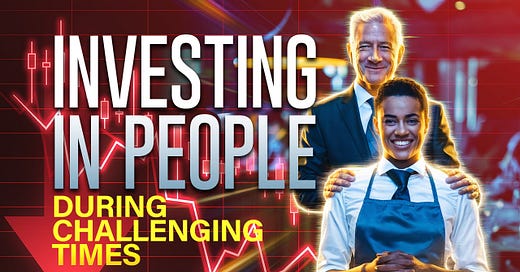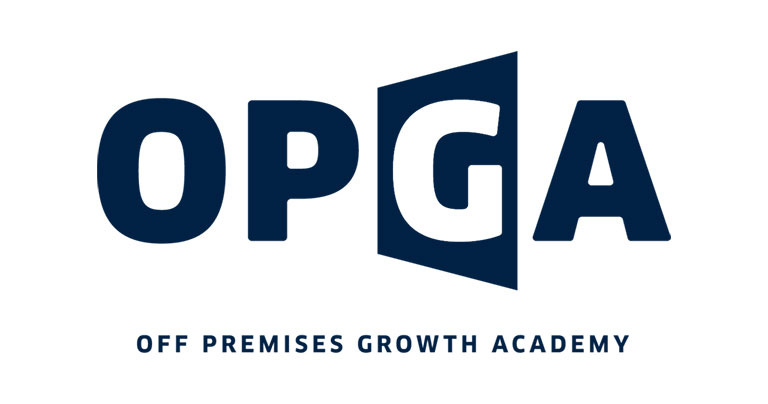Economic Downturns and Catering: Investing in People During Challenging Times
In the latest episode of The Catering Cage, host Erle Dardick addresses a pressing concern many restaurant operators are facing: economic uncertainty and its impact on catering operations. Drawing from nearly 30 years of industry experience, Dardick observes that restaurant catering businesses are beginning to see signs of a downturn, with operators pulling back as they navigate rising costs and economic concerns.
Dardick reassures listeners that these cycles are normal in the catering industry. When economic uncertainty strikes, corporations typically reduce spending, with food budgets often among the first casualties. However, history has consistently shown that these downturns are temporary. Markets eventually recover, and when they do, catering businesses that made strategic investments during lean times emerge stronger and better positioned to capitalize on renewed growth.
The most critical investment restaurant operators can make during challenging periods, according to Dardick, is in their people. He observes that in many organizations, catering knowledge is siloed among a small group of passionate individuals who struggle to advance catering priorities amid competing demands. Rather than cutting back, Dardick advocates for "doubling down" on talent development – extending catering expertise across the broader team, from general managers to catering sales managers, and identifying successful behaviors that can be replicated across markets.
Sponsored by:
Community connection represents another vital investment opportunity. Dardick highlights how caterlink.com provides a platform for peer-group work, creating what he describes as "therapy for catering" – a space where operators can share successes, failures, and challenges. This collaborative environment helps restaurant professionals recognize that their struggles aren't unique and fosters industry-wide conversations about best practices and potential solutions.
The competitive landscape for catering extends well beyond neighboring restaurants. Convenience stores, grocery chains, and commissary operations are increasingly targeting the same food service dollars as restaurants. Many of these competitors have purpose-built facilities designed specifically for high-volume catering, giving them structural advantages over restaurants that weren't originally designed to handle large-scale B2B transactions.
Despite these challenges, Dardick remains optimistic about the future of restaurant catering. By prioritizing investment in people, joining supportive communities like caterlink.com, and maintaining focus during difficult periods, catering operations can not only weather current economic uncertainty but position themselves for significant growth when the inevitable recovery arrives. This balanced approach of defensive strategies to protect current business and forward-looking investments creates the foundation for long-term catering success.










